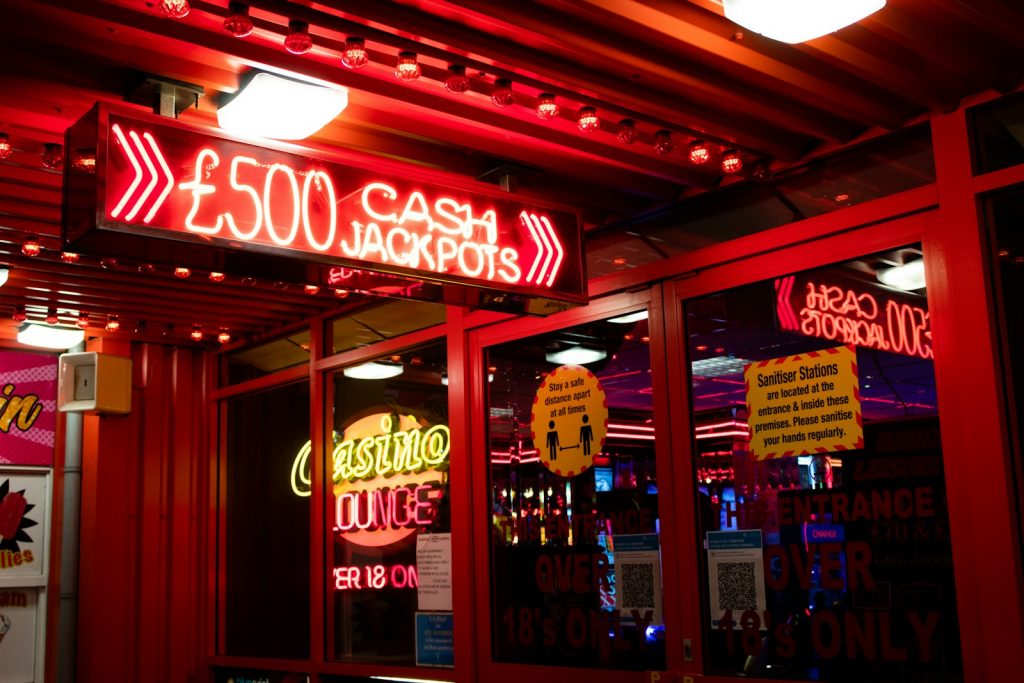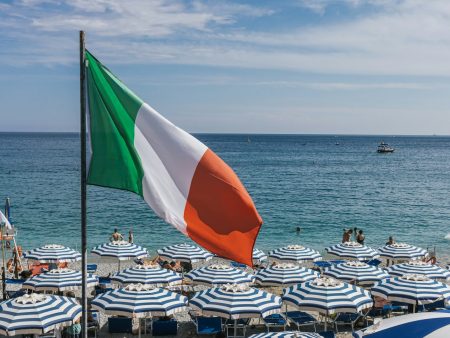Opposition mounts against Koi Nation’s Windsor casino in Northern California as nearby tribes and stakeholders challenge the development’s impact on ancestral lands and tribal sovereignty.
Growing List of Opponents to Massive Koi Nation Casino in Northern California

The Koi Nation’s plans to build a massive casino in Windsor, Northern California have faced increasing opposition from various parties, despite securing approval earlier this year. The proposed $600 million development, which includes a 400-room hotel and a large gaming space, has sparked a wave of lawsuits and pushback from different stakeholders.
One of the most vocal opponents of the Koi project is the Federated Indians of Graton Rancheria (FIGR), operators of the nearby Graton Resort and Casino. FIGR has filed multiple lawsuits against the Department of the Interior (DOI) and outgoing secretary Deb Haaland, arguing that the Koi site encroaches on their ancestral lands and sets a dangerous precedent for tribal sovereignty.
In addition to FIGR, three other nearby California tribes have also filed a separate lawsuit against the DOI, claiming that the approval of the Koi project undermines tribal self-determination and cultural heritage. Non-tribal opposition has also emerged, with the state of California and local officials joining the fray in challenging the DOI’s decision.
The Koi Nation has responded to the opposition by filing briefs defending their project and arguing that the approval was justified. However, opponents are hopeful that the DOI will reconsider the approval, citing a similar case where the Scotts Valley Band of Pomo Indians had their off-reservation casino proposal approval retracted for further review.
As the battle over the Koi Nation’s casino project continues to unfold, it remains to be seen how the various stakeholders and legal challenges will shape the future of the proposed development in Northern California.






